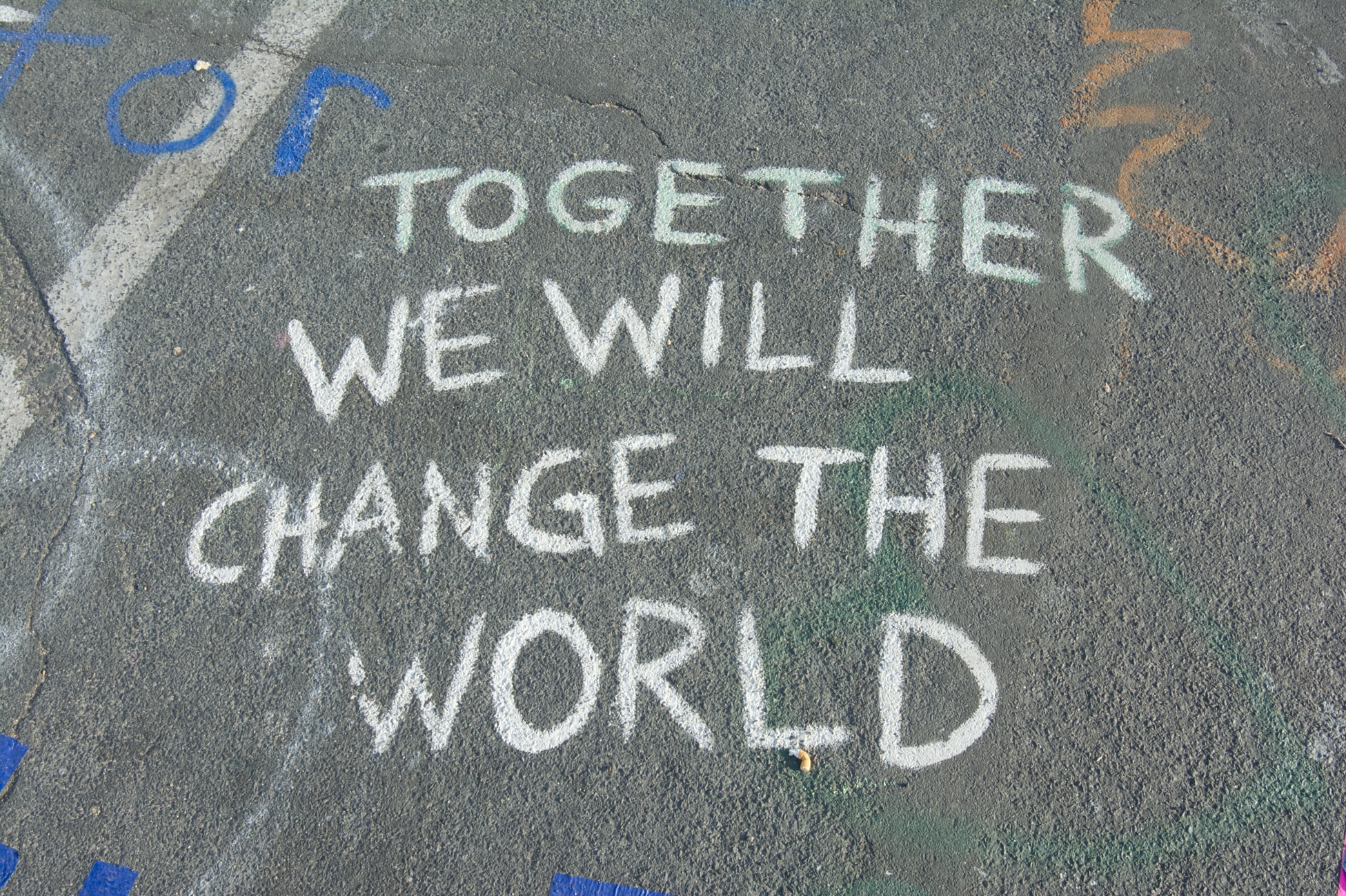In an epoch marked by disunity and strife, the teachings of the Bahá’í Faith emerge as a beacon, illuminating the imperative for leaders who embody the principles of unity and collaboration. The central tenet of Bahá’í philosophy posits that true leadership transcends the mere exercise of authority; it is grounded in the capacity to bring diverse individuals and groups together, fostering solidarity and collective purpose. Recognizing this profound necessity positions us to grasp not only the implications of such leadership but also its transformative potential in an increasingly fragmented world.
At the core of Bahá’í teaching lies the conviction that humanity is one—a singular entity flourishing amid myriad cultures and beliefs. The profound interconnectedness of humankind necessitates leaders who recognize their roles as facilitators of unity. This perspective compels the re-evaluation of traditional models of leadership, which often emphasize individualism or sectarianism. Instead, Bahá’í principles advocate for a holistic approach, one that champions inclusivity and recognizes the inherent worth of every individual.
In an age where polarization threatens societal cohesion, the call for leaders who unite is not just a moral imperative; it is a pragmatic necessity. Leaders imbued with an understanding of unity are better equipped to address pressing global challenges such as climate change, poverty, and inequality. They catalyze collective action, rallying diverse voices toward a shared objective. This collective focus transforms challenges into opportunities for collaboration, engendering a renewed sense of hope and shared responsibility.
Moreover, the Bahá’í teachings emphasize the role of consultation as a foundational element of effective leadership. This method, characterized by open dialogue and mutual respect, enables leaders to harness a multiplicity of perspectives. By fostering an environment where every voice is valued, leaders can cultivate a more nuanced understanding of issues, paving the way for innovative solutions that might otherwise remain obscured. This participatory approach not only enhances decision-making processes but also galvanizes community engagement, reinforcing the interdependence that lies at the heart of Bahá’í teachings.
As we delve deeper into the characteristics of Bahá’í-inspired leadership, we must consider the profound commitment to service that such leadership entails. The Bahá’í Faith posits that the noblest form of leadership is rooted in selfless service to humanity. Leaders are called to eschew personal gain, focusing instead on the welfare of others. This altruistic orientation fosters trust and loyalty, essential components for effective leadership. When leaders prioritize the needs of their constituents, they inspire a culture of reciprocity and solidarity, ultimately leading to a more cohesive society.
Furthermore, the teachings underscore the importance of character in leadership. A leader’s moral integrity and ethical compass serve as vital anchors, guiding their actions and influencing their followers. The Bahá’í writings advocate for qualities such as honesty, justice, and humility. Leaders who embody these virtues not only gain the respect of their peers but also serve as exemplars, motivating others to emulate similar conduct. Thus, a leader’s character emerges as a cornerstone of their ability to unite, reinforcing the notion that leadership is as much about moral fortitude as it is about strategic acumen.
Another pivotal aspect of Bahá’í teachings is the recognition of the global dimension of leadership. In a world increasingly interconnected through technology and communication, the challenges we face often transcend national borders. Bahá’í principles encourage leaders to think globally while acting locally—considering the broader implications of their decisions on the universal community. This mindset fosters a sense of global citizenship, where leaders are mindful of their responsibilities not only to their immediate constituencies but also to humanity as a whole. Such a perspective is crucial in the quest for sustainable solutions to global problems, as it necessitates collaboration across cultural and geographic divides.
Furthermore, in addressing the pressing need for leaders who unite, one must also consider the role of education in cultivating such leaders. The Bahá’í teachings emphasize the necessity of education, both formal and informal, in preparing individuals for roles of leadership. Education, in this context, extends beyond academic instruction; it encompasses the nurturing of moral and spiritual capabilities, empowering individuals to become agents of change. By fostering a generation of compassionate, informed, and ethically-minded leaders, society can work towards a more just and harmonious future.
In conclusion, the call for leaders who unite, as advocated by the Bahá’í teachings, resonates profoundly in today’s tumultuous landscape. This paradigm shift emphasizes the necessity for leadership rooted in unity, service, character, and global awareness. The Bahá’í vision offers a comprehensive framework for leadership that prioritizes collaboration and inclusivity, ultimately fostering a more cohesive and harmonious society. As we navigate the complexities of contemporary challenges, the exploration of these teachings serves not only as a guiding compass but also as an invitation to reimagine our understanding of what it means to lead in an interconnected world. The world indeed requires leaders who can transcend differences and unite humanity in pursuit of shared aspirations—presenting an opportunity for transformative change towards a more united global community.
